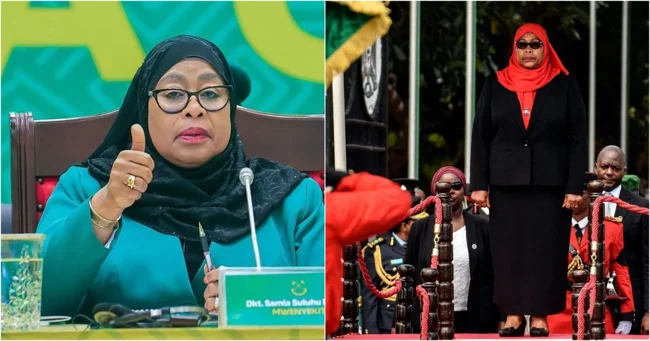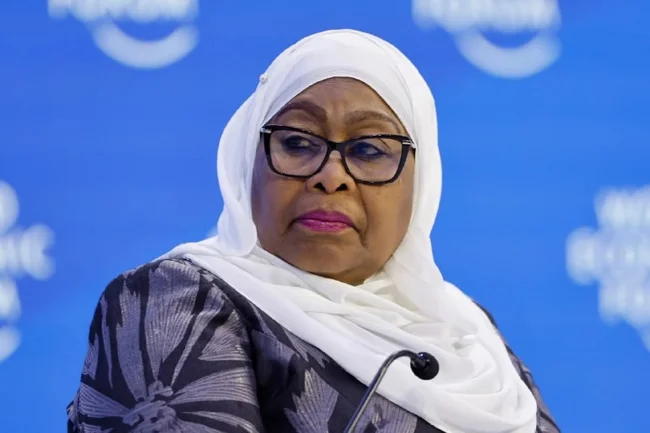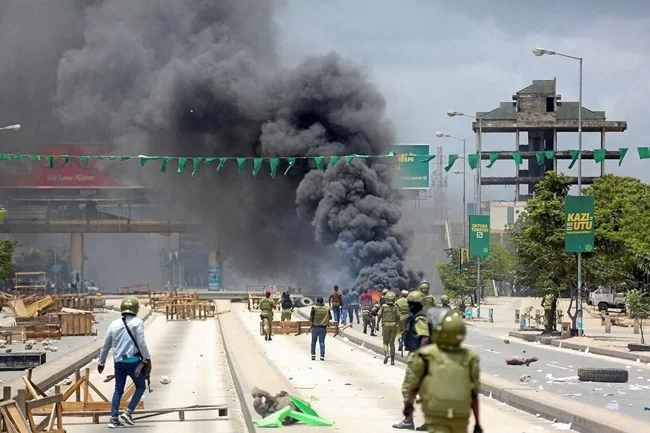Tanzania's president received 98 percent of the vote in the election, putting the country on the brink of revolution (3 photos + 2 videos)
On October 29, 2025, Tanzania officially announced its new leader, but instead of congratulatory speeches, demonstrations erupted. 
President Samia Suluhu Hassan, the first woman to hold the post, won nearly 98% of the vote in the October 29 election. Her ruling party, Chama Cha Mapinduzi (CCM), has cemented its monopoly, undefeated since independence in 1961.
Hassan, a 65-year-old woman and diplomat, came to power in 2021 after the sudden death of her predecessor, John Magufula. Back then, she promised reforms: she lifted the ban on opposition rallies and made peace with critics. But by 2025, the people had grown a bit tired of her and wanted change, but it didn't happen.
The leader of the main Chadema party, Tundu Lissu, is in prison on treason charges. But why did he demand reforms? ACT-Wazalendo candidate Luhaga Mpina was disqualified for "technical" reasons. Sixteen nominal rivals from minor parties remain.
On election day, a curfew was imposed in Dar es Salaam, the internet was blocked, and foreign journalists were denied accreditation. They were indignant about this for a long time and tediously.

If a woman says 98%, then that's how it is. And anyone who doubts it is an abuser!
Hassan's 98% victory unleashed an inferno. Since October 29, protests have engulfed Dar es Salaam, Mbeya, and Arsha. Young people tore up posters of the president, burned police cars, and smashed CCM offices—all in the classic style. Crowds surrounded the government quarter and set buildings on fire. The police, too, didn't remain silent: tear gas, rubber bullets, and batons.
The unrest lasted a week, and the Chadema opposition claims that around 700 people were killed in the clashes. There is no direct evidence, and the figures may be exaggerated. Foreign Minister Mahmoud Kombo commented on the situation: "There is no excessive force, and we do not keep casualty figures."

Today, November 3, Hassan took the oath of office in a quiet ceremony in Dodoma—without fanfare, and with minimal media coverage. In her speech, she condemned the protesters as "unpatriotic" and "foreign provocateurs" (allegedly, some of those arrested were from neighboring countries). The Chadema opposition has dismissed the results as a "coronation" rather than an election, and is demanding an investigation.






























